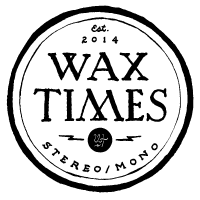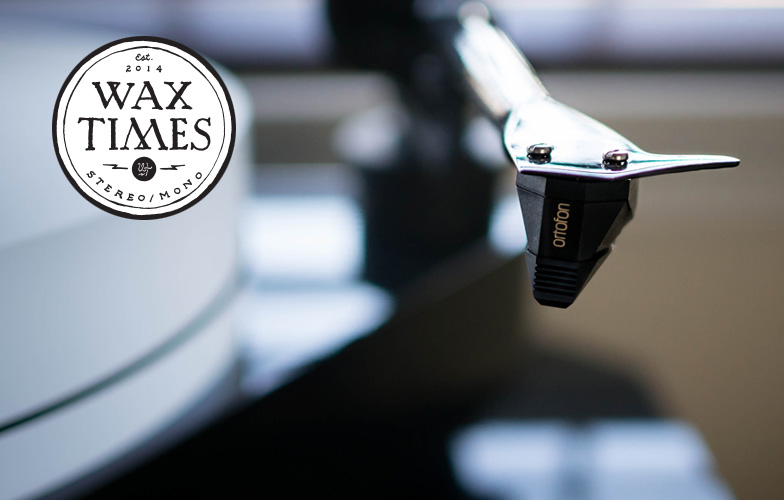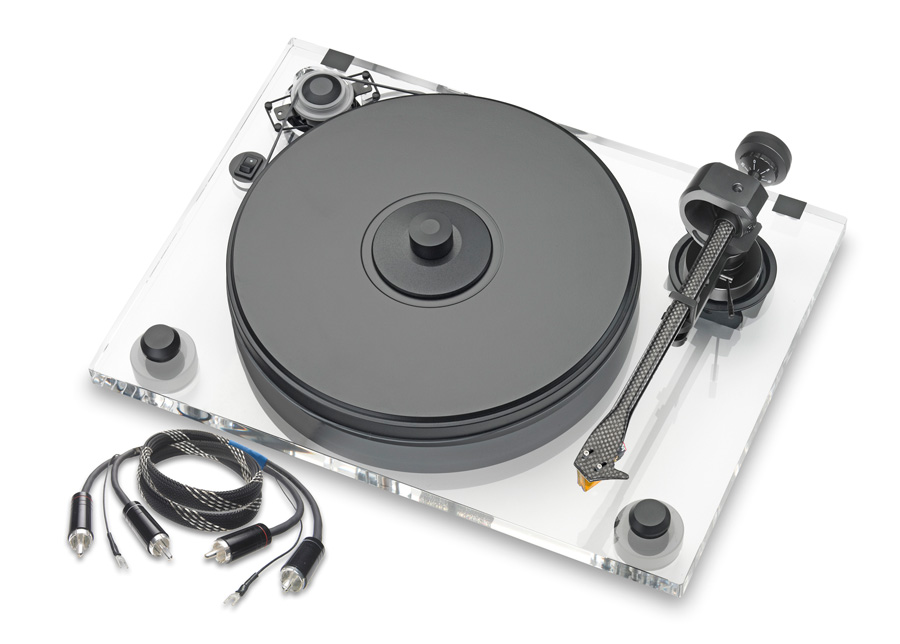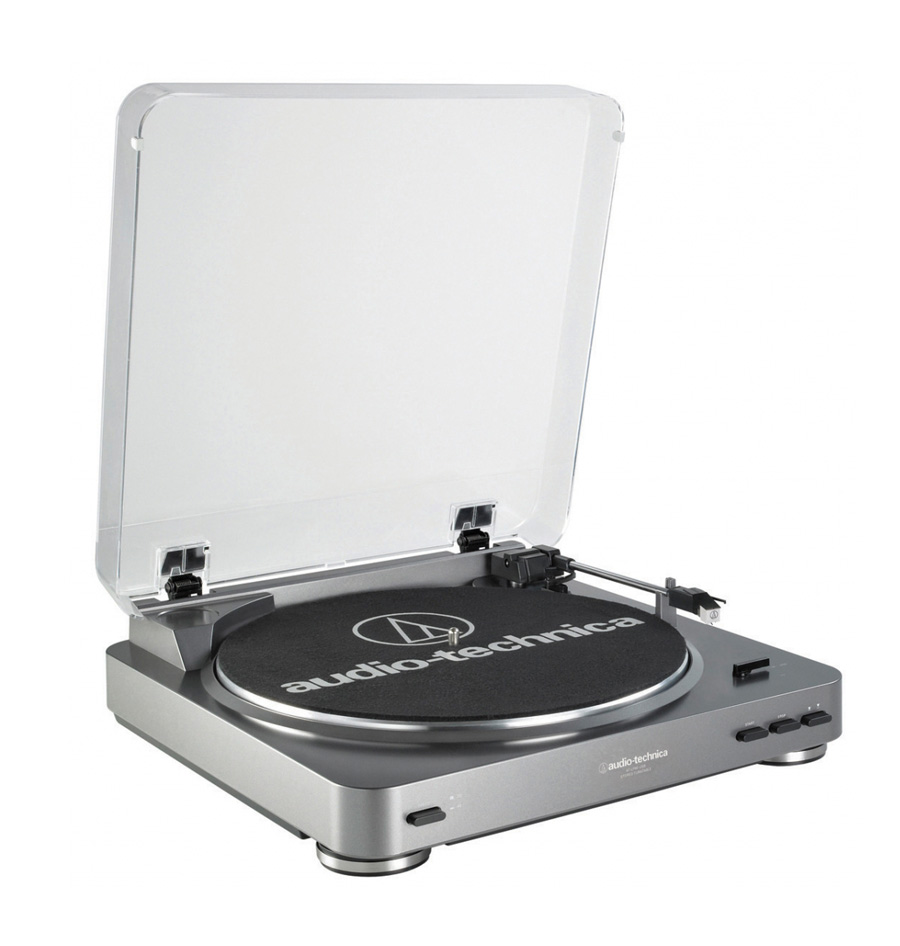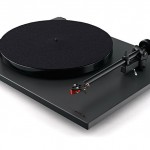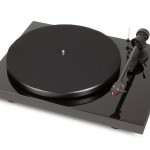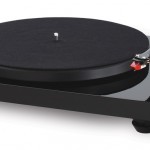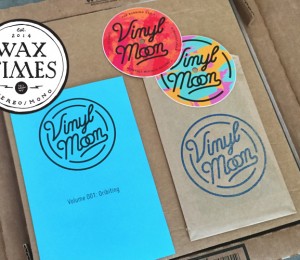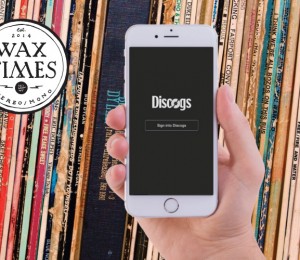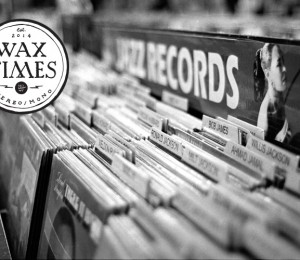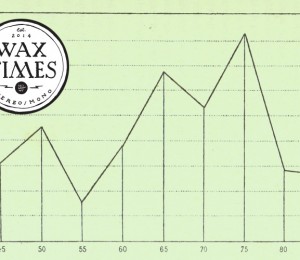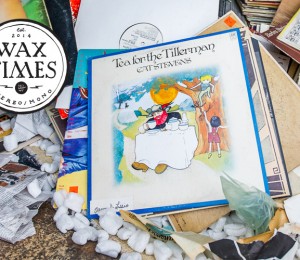The appeal of vintage equipment matches that of buying records for many but the pitfalls of older gear are frustrating to deal with. Trying to source a part for a broken auto-return mechanism or managing to successfully dissemble and clean a multi-function turntable doesn’t come easy and winding up with a graveyard of rigs that won’t go back together is the only way to learn what not to do. Compared to new equipment that’s warrantied and repairable based on the availability of both customer service from original manufacturers and local hi-fi stores, buying new makes more sense when asking yourself what turntable should I buy.
Vintage rigs have a nostalgia to them, more attractive for some since modern gear tends to have a clean and polished look. I still keep some of the early amps and turntables I grabbed off craigslist around for that reason but dealing with a weak channel in a receiver or swapping out interconnects can turn into more than I want to deal with. Nothing kills the anticipation of queuing up a favorite album faster than a gear problem. So, after spending the last 5 years pretty much dedicated to a Harmon Kardon T65 while not complaining about it’s various problems, I’ve moved that rig to the second shelf and upgraded to a Pro-ject 2Xperience.
Nothing ever went horribly wrong with the T65 but that doesn’t mean it was a walk in the park either. The floating suspension needed to be re-leveled frequently and the quartz lock system never managed to keep the speed at precisely 33 1/3 for more than a few days without also needing adjustment. The other functions of the deck worked well and on a good day sound reproduction was excellent. Dealing with finicky equipment got old and knowing that I could have better sound from newer gear by piecing together a system over time was the argument I faced and one that people ask me about all the time.
What turntable is right for you?
The short answer is that you buy the best one you can afford but there are other considerations to take into account:
- What’s your budget?
- Do you prefer vintage equipment?
- If you do, are you willing to learn to repair things as they break?
A recent discussion in a vinyl Facebook group tried to answer all of the above questions and members commented on their preferences and rationales. Responses were fairly split between the vintage crowd and those enjoying newer gear but it reinforced the fact that there is no one answer to this question because the only answer is the one that’s right for you, troubling as that may be.
Audio-Techinca’s AT-LP60 is poplar because at $120, it incorporates everything you need to start listening immediately, making it perfect for anyone getting started or rediscovering records. An integrated, switchable phono preamp means you won’t need a dedicated phono stage or amp with dedicated phono inputs. Plug it into anything, a computer, receiver or other compatible component and that’s it. I’ve seen a few of these in person and though the plastic construction makes it feel like a toy, for what the turntable is, it’s great. Wary buyers unsure of spending more on something they may not enjoy or lose interest with quickly can pick one up knowing it’s better than any Crosley from Urban Outfitters.
U-Turn Audio’s beginnings on Kickstarter last year has materialized into a great entry level table for those wanting to move beyond the AT-LP60. Michael Fremmer named the Orbit Basic a Crosley Killer and the manual belt-driven table is a no-frills design focused on simplicity.
“Everything about the Orbit, from the packaging to the well-engineered bearing system and tone arm demonstrate careful attention to detail and a thorough understanding both of what’s involved in good turntable design and more importantly how to achieve maximum performance on a tight budget.”
The higher quality build makes a big difference and certain upgrades will improve this further like the acrylic platter ($90) and queuing lever ($40) which almost seems obligatory. Needless to say, the Orbit will work right out of the box without any of these additions to the basic model though you will need a separate phono preamp or receiver with phono input.
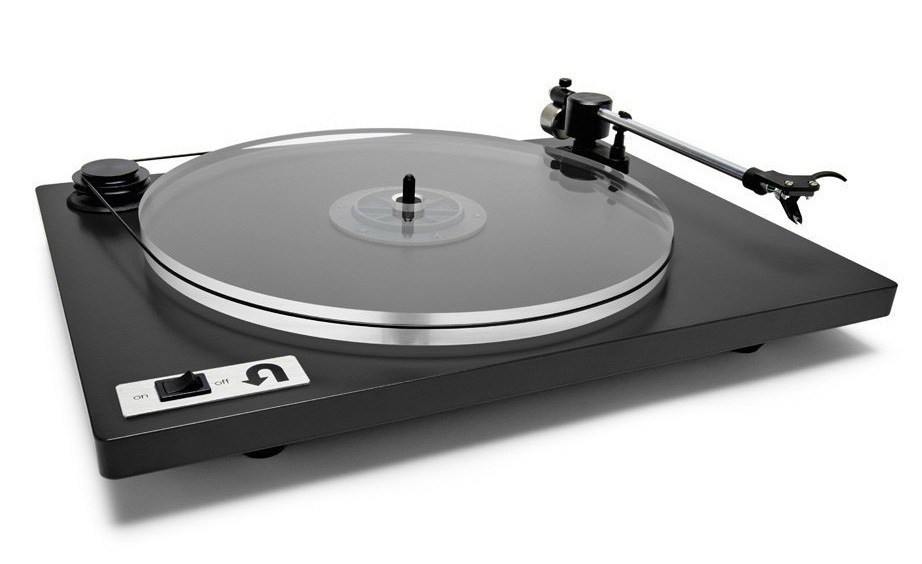 The other best bets are from Pro-Ject, Music Hall and Rega. Comparatively, each brand has a line of tables meant for entry-level users that sits between the $300 and $500 mark like the Pro-Ject Debut Carbon, the Music Hall MMF 2.2 and the Rega RP1. At this point, a lot comes down to personal taste and small things like the ability to adjust the speed of your table automatically. As with the U-Turn Audio table, each of the decks from Pro-Ject, Music Hall and Rega can be outfitted with various upgrades to enhance sound or functionality but it’s an à la carte menu.
The other best bets are from Pro-Ject, Music Hall and Rega. Comparatively, each brand has a line of tables meant for entry-level users that sits between the $300 and $500 mark like the Pro-Ject Debut Carbon, the Music Hall MMF 2.2 and the Rega RP1. At this point, a lot comes down to personal taste and small things like the ability to adjust the speed of your table automatically. As with the U-Turn Audio table, each of the decks from Pro-Ject, Music Hall and Rega can be outfitted with various upgrades to enhance sound or functionality but it’s an à la carte menu.
- Rega RP1
- Pro-Ject Debut Carbon
- Music Hall MMF-2.2
Review wise, Sound and Vision says if you’re buying a table tomorrow, it was considered “one to get”. The MMF 2.2 and Rega RP1 manage to finish with very similar ratings but one point of contention I’ve found with these two models and the Pro-Ject is that adjusting speed means removing the platter and placing the belt one notch up or down for 33 and 45 respectively. Not so with my Pro-Ject 2Xperience who’s decoupled motor sitting in the rear left corner of the plinth allows me to adjust the belt without removing platter. For anyone that plays a significant amount of vinyl at both speeds, a breakout box for speed control or a table with easy/built in access to adjust this function like the slightly more expensive Pro-Ject Debut Carbon Esprit.
Like most aspects of vinyl collecting, buying the right table comes down to budget and personal preference. In the end, the only wrong answer to the question, “What turntable should I buy?” is a Crosley.
Feature Image by Mitch Jones
A record brush for every collector Next Post:
Strategies for winning records on eBay
